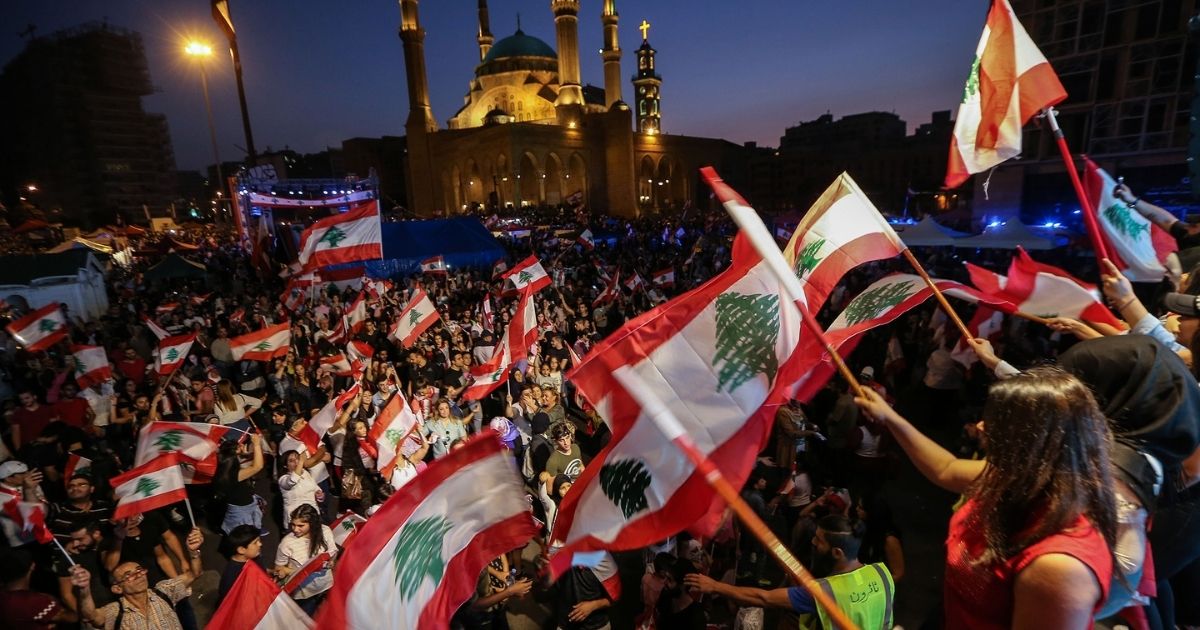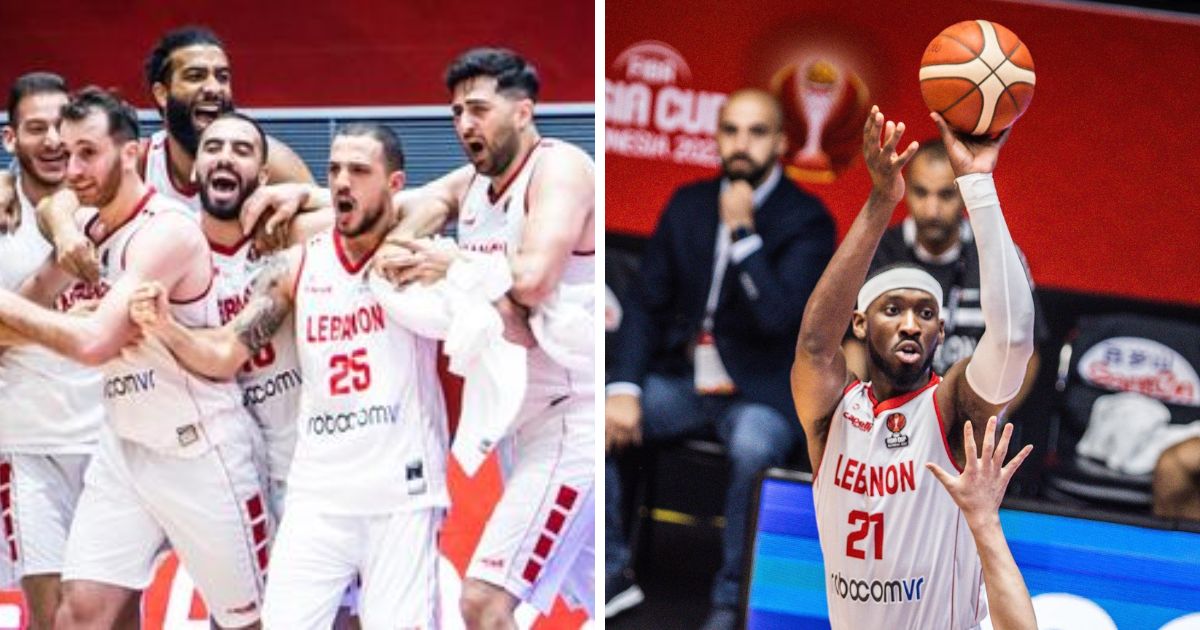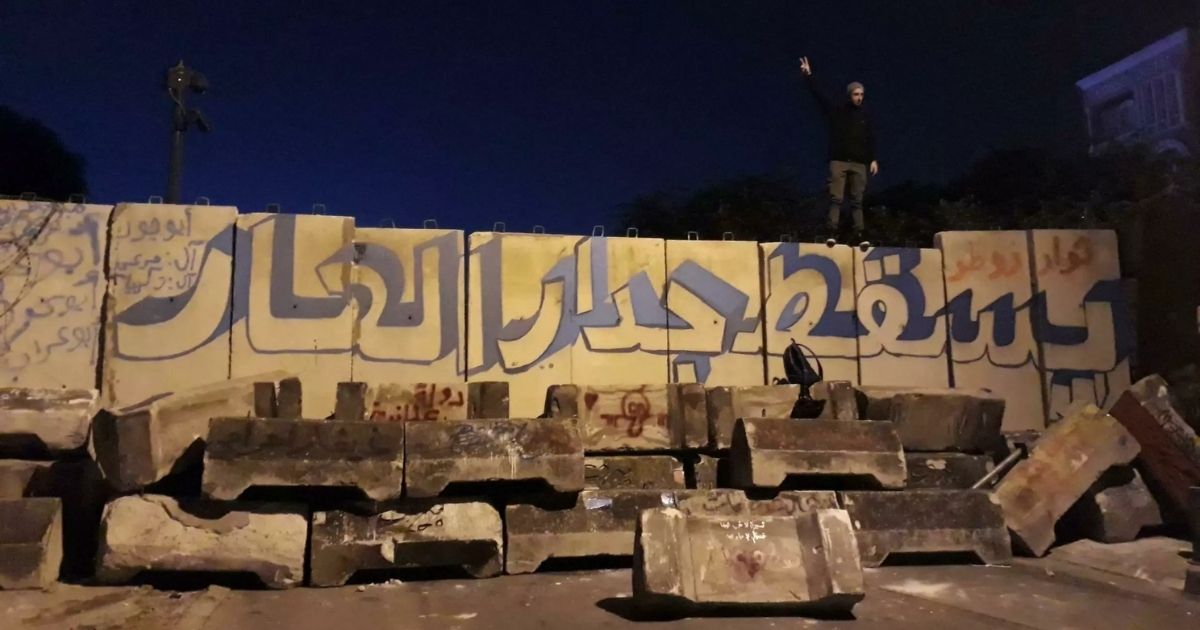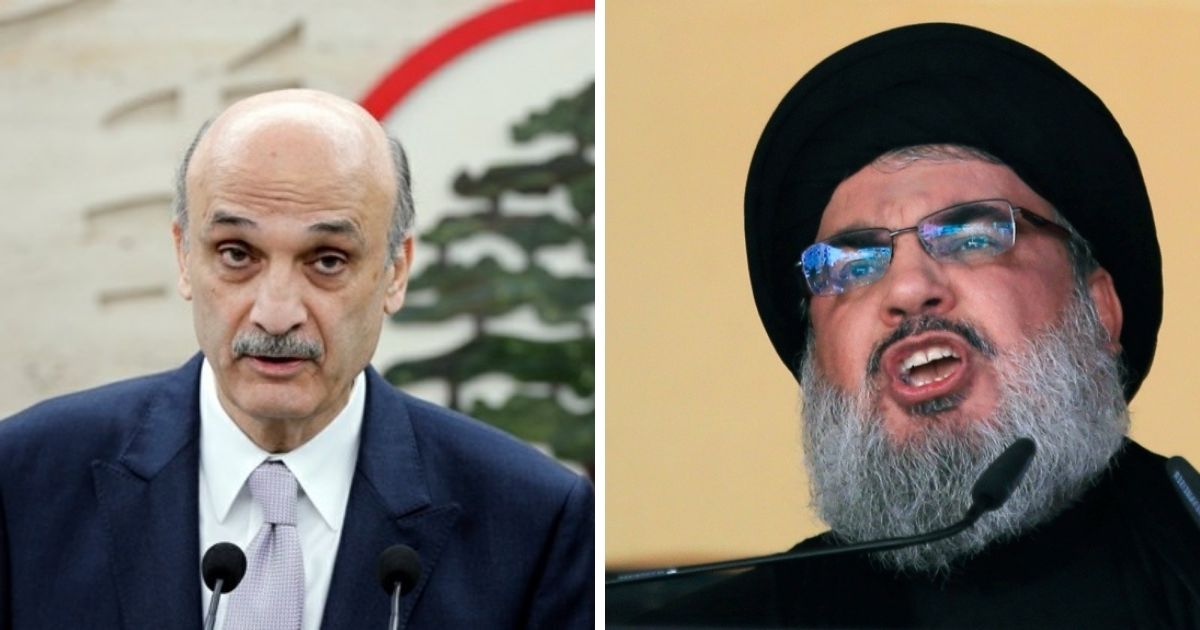To say that the purpose of the Lebanese revolution is insignificant is the closest to total denial that one can possibly utter these days. To say that revolutionaries only existed to cause riot is even cruel.
There is no correlative logic to turn people against each other; it is brutal and it is unfair. The scenes we are living these days in Lebanon are as heartbreaking as it can get, yet we still can rise above.
A research done by Erica Chenoweth, a political scientist at Harvard University, confirms that civil disobedience is not only the moral choice; it is also the most powerful way of shaping world politics – by a long way.
By studying hundreds of campaigns over the last century, Chenoweth found that nonviolent campaigns are twice as likely to achieve their goals than violent campaigns.
And although the exact dynamics will depend on many factors, she has shown it takes around 3.5% of the population actively participating in the protests to ensure serious political change.
According to the same research, nonviolent protests are twice as likely to succeed than armed conflicts.
This comes as no surprise when we think of big names that have paved their way into immortal triumphs like Mahatma Gandhi, Martin Luther King, Nelson Mandela, Rosa Parks, and Soujourner Truth. All of which were part of Chenoweth’s study base.
After collecting data from 323 violent and nonviolent campaigns, the study result was as follows: Overall, nonviolent campaigns were twice as likely to succeed than violent campaigns: they led to political change 53% of the time compared to 26% for the violent protests.
Out of the 25 largest campaigns they have studied, 20 were nonviolent and 14 of the 20 were complete successes. The nonviolent campaigns attracted around four times as many participants (200,000) as the average violent campaign (50,000).
This comes as no surprise as no barrier or fear leads to one wanting to participate in a nonviolent protest.
The people in power think they are controlling the Lebanese people like marionettes. They do know how to lead an orchestra; they have studied it, they have mastered it, and they have been doing it for the past 45 years.
We have only awakened from our semi-long hibernation and are just now realizing how things are dealt with. We cannot get rid of the rotten apple this easily when it has been in the same place for so long. It has grown to be a rotten tree.
Imagine we are dealing with a little boy living with abusive parents. This boy wakes up every day feeling unsafe; he is unsure if he is getting hit today, unsure if he will be deprived of his meal that day or from pocket money for his school lunch.
He is unsure if his parents will abandon him, unsure if he will ever have a future outside the arms suffocating his neck.
He just knows that as long as he is submissive to his parents’ abuse of authority, he might make it through another day and survive. A sorrowful life with no hope, as he has come to believe that this is his fate and there is no way out.
And it gets worse, as demonstrated in that type of relationship. His parents signalize to him that even though they are the unsafe element in his life, they are “protecting” him from all the unsafety of the world outside their own.
So this dysregulated boy starts defending his parents, justifying their actions, and shutting everything outside. Even though they are unsafe to him, at least they are protecting him, and he will fight for them as a way of fighting for his survival.
A sorrowful life with no hope, as he has come to believe that this is his fate and there is no way out.
This is how politicians and political parties leaders work in Lebanon. They play upon the nerves of fear, the fear of wars and make-believe that they are the saviors of the nation and that without them, we are doomed.
Lebanese people are dysregulated they cannot even fathom a world outside the “safe” world within their political parties, so they fight for survival.
How are you going to convince a little boy that his parents are badly abusing their power? Do you want him to bite the hand that fed him? Do you have an alternative to his parents?
Or are you throwing him to the wolves and expecting him to accept your plea of help? This boy may know his parents are not the best but aren’t they better than nothing at all? How dare you come between these parents and their son?
And even if this boy is now old enough to break free, his parents will not stop him on their own, they will send his little brother out to get him. His brother might use violence to stop any disobedience, but this does not mean that the enemy is the brother.
In the same sense, this is how we are functioning. People in power are distracting revolutionaries from their actual demands by convincing them that the army is the enemy.
They are the ones tear gassing you in the streets, so go ahead chant against them, fight them, change your enemies, and leave us [the people in power] drink the wine we have bought off your last penny in our castle as we look down at you and laugh.
The army is not barbaric hooligans, they are not numbers, they are sons and daughters and brothers and sisters and fathers and mothers and friends. They take orders and oblige by them so they can feed their kids at night.
Our Lebanese army is as loyal to Lebanon as anyone and we know it, we deep down believe it, so let us not turn against them.
Let us not be manipulated into turning against them or get incited to provoke them or attack them. If a “protester” among you tried to do so, stop him right there.
When tear gas bombards us, think of our army as not the faces of the enemy but rather how they are being ill-used by politicians and who really are provoking the peacefulness into violence.
Think that battles are most likely to be won nonviolently; as studies have demonstrated. Think of the Georgian Rose Revolution that was won by entering the parliament with roses.
Think that nonviolent civil disobedience is the most powerful by a long way to bring the changes we are all seeking for our beloved country.
In confrontations, we do not swear at the army, we swear at the hands upon the army’s necks.
We swear at a time where these hands make us fight our people just because they are too greedy to share with us their castles. We swear at the real enemy, not the wall of glass put by them to distract us from reality.
Now, the Lebanese revolution has a new fight to make; a fight against the planned violence aiming at destroying it. And there is really only one way to do it: Nonviolently.
















